As a mountainous province with fragmented terrain, the implementation of the Project to eliminate temporary and dilapidated houses in Yen Bai province by 2025 faces many challenges. The cost of transporting materials is high, there is a lack of local workers, and many single-parent and disabled households cannot build their own houses.
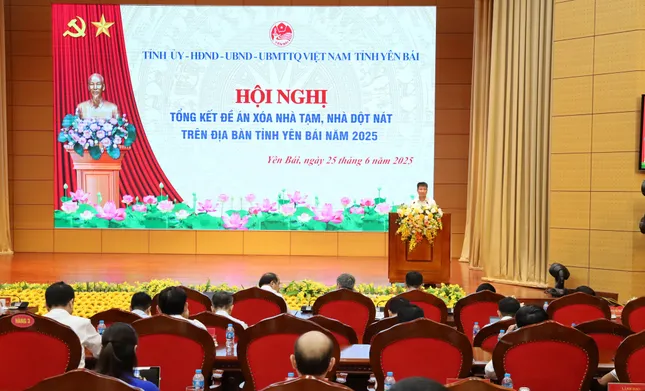 |
Yen Bai summarizes the Project to eliminate temporary and dilapidated houses in the province by 2025. Photo: CTTT |
To solve this problem, Yen Bai has mobilized the entire political system. Working groups from the district to the village were assigned to closely monitor and support each household. In areas with difficult roads, districts such as Tran Yen and Mu Cang Chai proactively advanced materials from dealers for people to build houses, avoiding long waiting times for capital. Van Chan and Nghia Lo districts advanced local budgets to ensure progress.
In particular, the authorities and organizations of the communes have organized the construction of complete houses for the elderly, the disabled, and orphans - those who cannot manage on their own. Models of synchronous support for kitchens, toilets, and granting of land use right certificates have also been promoted, helping people not only have a place to live, but also have a legal and hygienic "place to live" - important factors to escape poverty sustainably according to multidimensional standards.
From the beginning, Yen Bai determined that eliminating temporary housing could not be the ultimate goal. The project was designed to be closely linked to policies to support economic development and improve people's lives. Immediately after settling down, many households had access to vocational training programs, job referrals, support for seedlings and livestock, and policy credit, helping to generate income locally.
In Mu Cang Chai, where 706 poor households received support to build houses, the district government coordinated the project with a cinnamon planting program, cattle breeding, and community tourism development, gradually turning villages into livelihood destinations. In Tram Tau and Van Chan, after building new houses, households were included in models of "livelihood tree gardens" and "ethnic minority women's cooperative groups making cakes and embroidering brocade", taking advantage of local advantages.
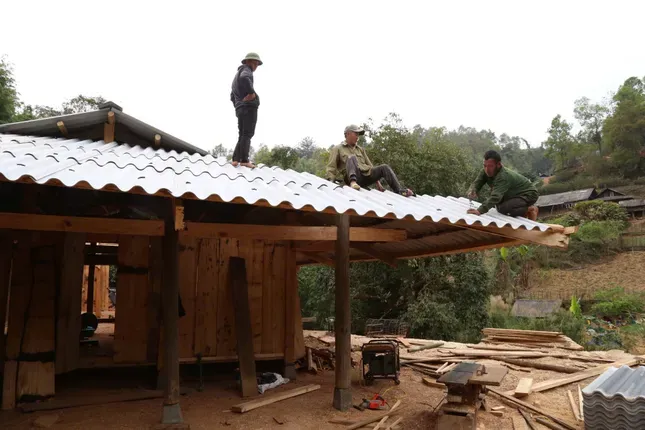 |
People of Hang A village (Ho Bon commune, Mu Cang Chai district) joined hands to help families remove temporary and dilapidated houses. |
In addition, mass organizations, clans, and communities also help poor households complete barns, bring clean water to their homes, and create conditions for livestock and home farming. More than 1,800 houses were built in sync with auxiliary works - the first step to improving the quality of life in the long term.
A special point in the implementation of eliminating temporary and dilapidated houses in Yen Bai is that the government does not do it for the people but creates conditions for them to actively participate. From the stage of choosing house models, organizing construction to contributing labor and materials. People are all involved and encouraged to show responsibility for their homes.
Yen Bai province also mobilized people, clans, and residential groups to help disadvantaged households, thereby promoting the spirit of mutual love. Nearly 35,000 working days and more than VND 240 billion from people, businesses, and social organizations contributed to raising the average value of each house to VND 187 million - more than 3 times higher than the State's support level.
Participation from the grassroots has helped reduce costs, increase construction quality and, especially, raise awareness of ownership, thereby creating a solid foundation for people to confidently rise out of poverty.
With a drastic, creative and humane approach, Yen Bai not only completed the goal of eliminating temporary housing, but also built a model of sustainable social development.
Source: https://tienphong.vn/xoa-nha-tam-giup-nguoi-ngheo-phat-trien-kinh-te-o-vung-cao-yen-bai-post1754471.tpo


![[Photo] Solemn opening of the 8th Congress of the Central Public Security Party Committee, term 2025-2030](https://vphoto.vietnam.vn/thumb/1200x675/vietnam/resource/IMAGE/2025/10/4/f3b00fb779f44979809441a4dac5c7df)

![[Photo] General Secretary To Lam attends the 8th Congress of the Central Public Security Party Committee](https://vphoto.vietnam.vn/thumb/1200x675/vietnam/resource/IMAGE/2025/10/4/79fadf490f674dc483794f2d955f6045)


![[Photo] Bustling Mid-Autumn Festival at the Museum of Ethnology](https://vphoto.vietnam.vn/thumb/1200x675/vietnam/resource/IMAGE/2025/10/4/da8d5927734d4ca58e3eced14bc435a3)
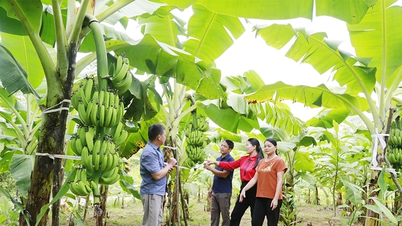

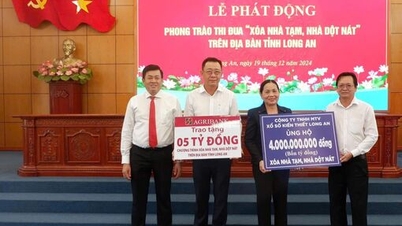

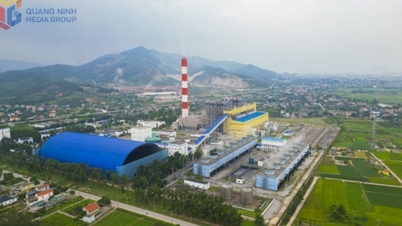








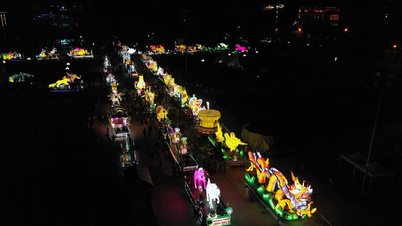
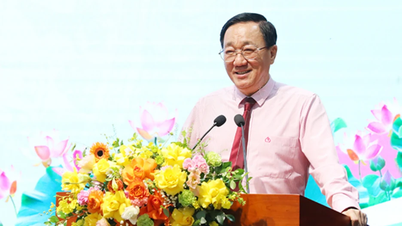


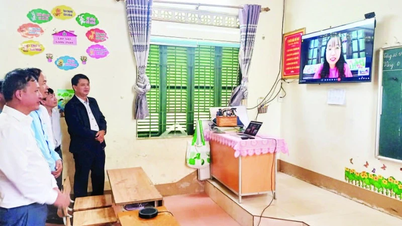




































![[VIDEO] Summary of Petrovietnam's 50th Anniversary Ceremony](https://vphoto.vietnam.vn/thumb/402x226/vietnam/resource/IMAGE/2025/10/4/abe133bdb8114793a16d4fe3e5bd0f12)

![[VIDEO] GENERAL SECRETARY TO LAM AWARDS PETROVIETNAM 8 GOLDEN WORDS: "PIONEER - EXCELLENT - SUSTAINABLE - GLOBAL"](https://vphoto.vietnam.vn/thumb/402x226/vietnam/resource/IMAGE/2025/7/23/c2fdb48863e846cfa9fb8e6ea9cf44e7)















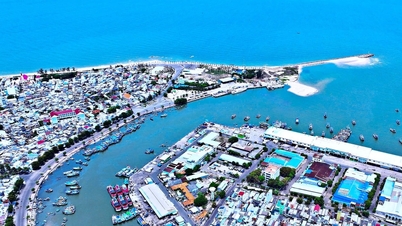

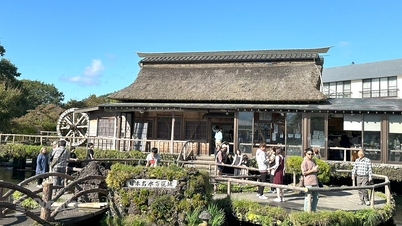

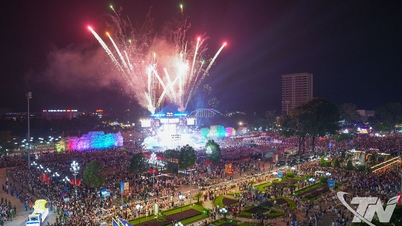


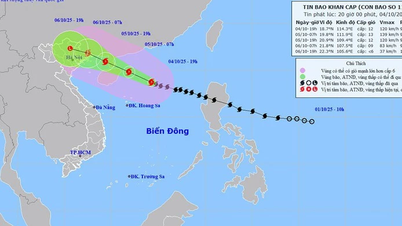

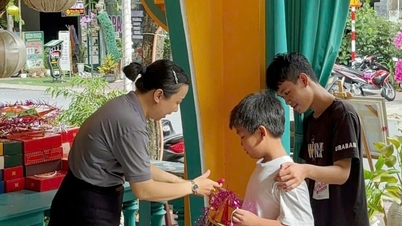









Comment (0)